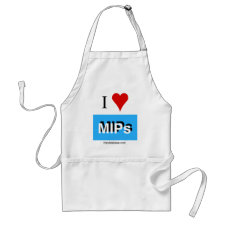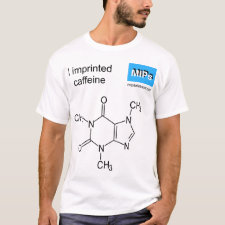
Authors: Wei HS, Tsai YL, Wu JY, Chen H
Article Title: Preparation of inorganic molecularly imprinted polymers with higher adsorption and selectivity by sol-gel method.
Publication date: 2006
Journal: Journal of Chromatography B
Volume: 836
Issue: (1-2)
Page numbers: 57-62.
DOI: 10.1016/j.jchromb.2006.03.047
Alternative URL: http://www.sciencedirect.com/science/article/B6X0P-4JRVB9F-1/2/e34c5b51131f5ca4a9c89713a7bec6cf
Abstract: Preparation of inorganic molecularly imprinted polymers (IMIPs) with higher adsorption and selectivity has been developed on caffeine as model compound by sol-gel processes. In our study, by introducing pore-forming agent, lactic acid, into sol-gel process, the porosity of IMIPs was enhanced and the performance of IMIPs was thus improved. And, by introducing base catalyst in the sol-gel process, large pore volume was obtainable, and the caffeine adsorption of IMIPs was increased. Competition adsorption experiments between caffeine (CAF) and structure analogous molecule, theophylline (TH), were determined by HPLC analysis. It was found that adding pore-forming agent method produced better caffeine adsorption (ca. 20 μmol/g) than by adding base catalyst. But adding base catalyst method was found to yield better selectivity (ca. 4) (Selectivity (α) is the ratio of CAF bound to TH bound.) In addition, caffeine adsorption of IMIPs with template removed by calcination is two times that by extraction without sacrificing the selectivity of IMIPs
Template and target information: caffeine, CAF
Author keywords: IMIPs, Inorganic molecularly imprinted polymers, sol-gel, template



Join the Society for Molecular Imprinting

New items RSS feed
Sign-up for e-mail updates:
Choose between receiving an occasional newsletter or more frequent e-mail alerts.
Click here to go to the sign-up page.
Is your name elemental or peptidic? Enter your name and find out by clicking either of the buttons below!
Other products you may like:
 MIPdatabase
MIPdatabase









